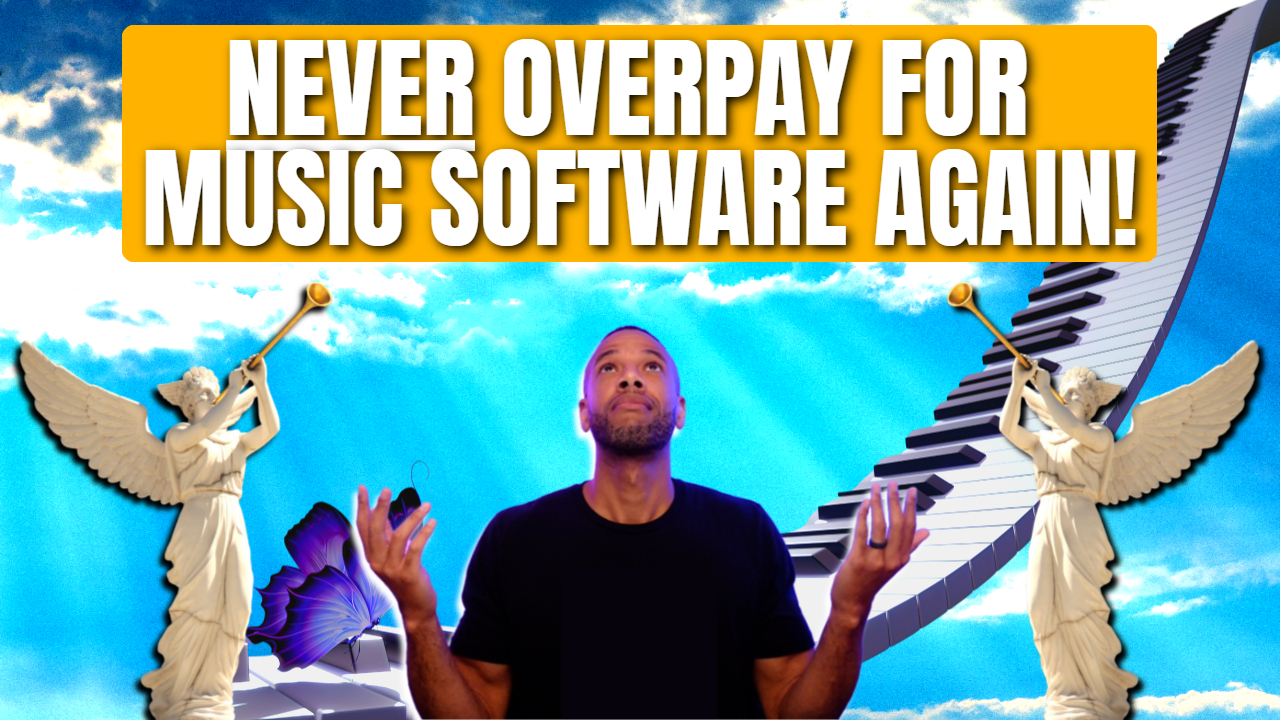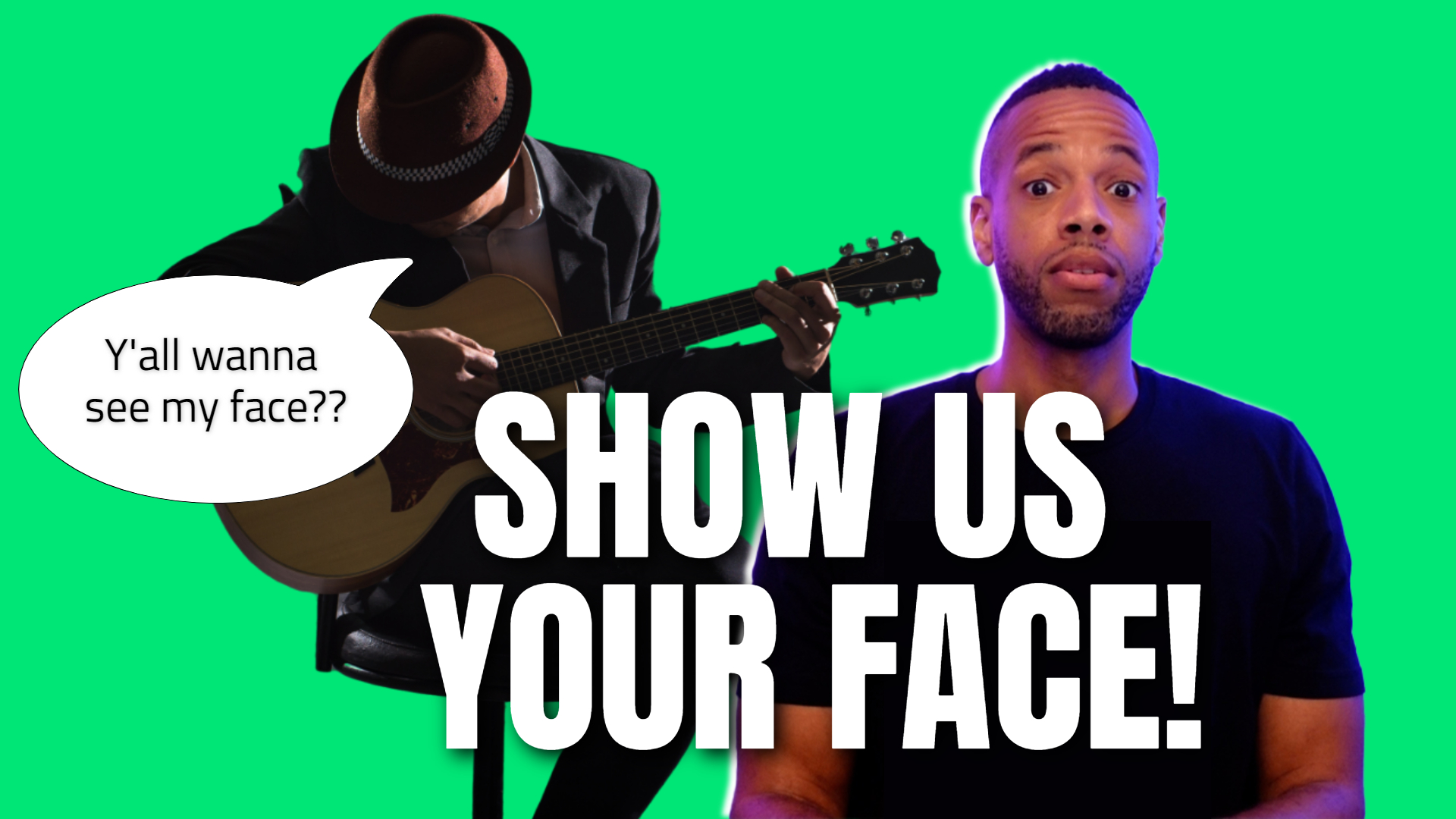ASCAP Vs BMI Vs SESAC Vs Sound Exchange: Everything You Need To Know

*This article may contain links to affiliate products & services. We have reviewed these services to try and ensure the highest quality recommendations*
Written by Jaron Lewis
Every artist needs to know the pros of organizations like ASCAP and BMI. We have assembled a list that will expand your knowledge on the pros for ASCAP Vs BMI Vs SESAC Vs Sound Exchange. Check it out here!
Performance Rights Organizations
PROs or Performance rights organizations, are groups that provide intermediary services between copyright holders and public locations that use their works. This only includes venues where music expresses the primary function of the venue. A good example of this are dining shops or radio stations.
The exact amount of royalties is usually negotiated between copyright owners and the establishment. A big aspect of PROs to note is that they don’t benefit performing artists. If you’re a singer, you will not profit from joining a PRO; however, if you’re a songwriter, PROs are a great way to benefit from your work.
Traditional & Digital Royalties
The organization you join will depend on how the music is publicly expressed. If you want to gain royalties from streaming music on digital radios such as Pandora or Sirius XM, consider the Sound Exchange. However, if you’re looking to gain royalties from public performances, consider the ASCAP, BMI and SESAC PROs.
Sound Exchange
As previously stated, the Sound Exchange is an organization that collects royalties for non-interactive music service providers. The exact rules for the type of royalties they are limited to collecting from are stated in the Digital Performance Right in Sound Recording Act as well as the Digital Millennium Copyright Act. Fees are associated with a digital statutory license. Fees are typically paid to copyright owners in the following way:
Copyright Owners Percentage Paid
Record Label 50%
Featured Artist 45%
Non-featured artist 5%
Total: 100%
BMI, ASCAP & SESAC
These performance rights organizations generally do the same thing. They collect royalties for public performances of music that can be defined by the U.S Copyright Act. Like the Sound Exchange, they are used to protect the intellectual property of the songwriter and provide a way for songwriters to make money off their work. These PROs collect royalties from any venue that publicly performs music These include: music played in restaurants, radio stations, live music venues, bars, parks, and anywhere the music is played in a public setting.
Most of the time, blanket licenses are given to these organizations to different pieces of music written by the songwriter. Because copyright owners are split between the three organizations, venue owners typically purchase blanket licenses from all three organizations. Membership fees depend on the organization you want to join. License fees paid are generally as follows:
Copyright Owners Percentage Paid
Publishers 50%
Songwriters 50%
Total: 100%
Criticisms
Although PROs provide a great way for songwriters to make money, their ambition to make money tends to go too far. Non-profits have been asked to pay fees to use copyrighted music at their events, despite not making money from its use.
The ASCAP once tried to sue the Girl Scouts of America because they sung campfire songs. In addition, the ASCAP and SESAC have been shamed for attempting to charging non-commercial radio stations run by education institutions (like colleges). Lastly, many PROs have been known to push the line of what counts as a public performance.
When your song is ready to go, it's time to start promoting it to potential fans! Omari has the best organic promotion services money can buy. With packages for Spotify, TikTok, Instagram, and YouTube, we will get your music the traffic and attention it deserves! Click below for more information.
SPEAK YOUR MIND
How This INDIE Artist Got Over 67,598,275 Streams On ONE Song
Join the No-Nonsense Music Marketing Newsletter to get the most valuable weekly case studies and strategies to grow your music business!




